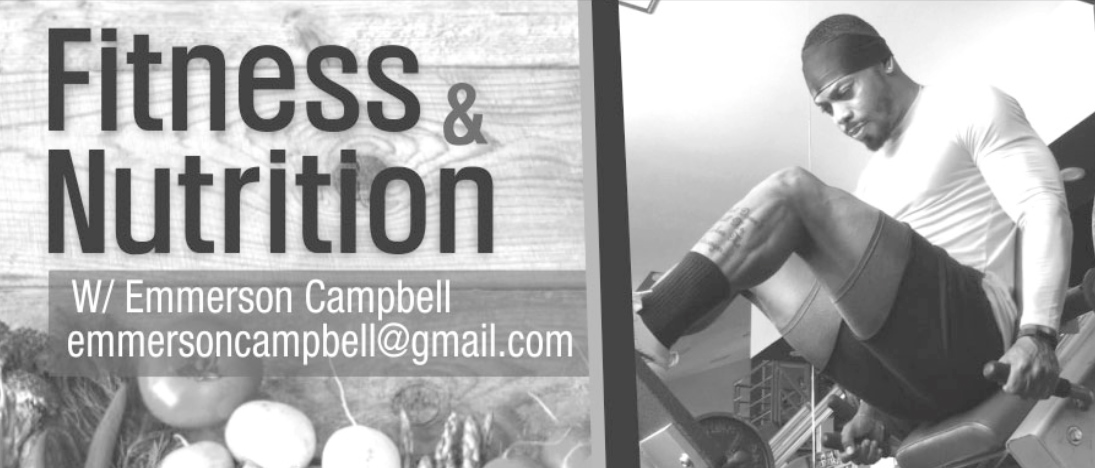Like clockwork every weekday, I roll out of bed and turn on the kettle, get cleaned up, make my coffee and head to the gym. Coffee is a big part of my morning routine.
As many of you are well aware, coffee is a well-known sports performance aid that may increase your strength, endurance, power, alertness, and energy levels during a workout.
There is more. Coffee is a natural source of caffeine, antioxidants, and nutrients. It’s tasty and affordable for anyone.
Though you don’t need caffeine to get in a good workout, many people consume caffeine before exercising to give them additional energy and help them reach their performance goals. In fact, caffeine has been widely researched as an effective ergogenic acid (performance enhancer) in both strength and cardio training.
Its benefits may include.
• increased muscular strength, endurance, and power
• increased aerobic endurance
• improved sprinting, jumping, and throwing performance
• sparing glycogen stores and utilising fat as a main fuel source
• enhanced focus and alertness.
Interestingly, caffeine has been shown to be effective for both athletes and non-athletes, meaning that the average gym-goer still benefits.
Most research suggests that you should drink coffee around 45–60 minutes prior to exercise to allow the caffeine to get absorbed into your bloodstream and reach its peak effectiveness. Most studies indicate that caffeine is highly effective for workouts when consumed in doses of 0.9–2.7 mg per pound (2–6 mg per kg) of body weight.
However, while there are numerous positives, there are also downsides of drinking coffee before exercise.
During exercise, your body redirects blood toward active muscle groups and away from the digestive system, which slows digestion. For some, this can lead to upset stomach and digestive issues. Thus, some people may wish to exercise on an empty stomach. Furthermore, some people experience caffeine sensitivity, which may lead to jitters, anxiousness, stomach upset, and increased heart rate. If you feel some of these effects but still want coffee, try limiting your intake to 1–2 cups (240–475 mL) per day.
Excess caffeine consumption may lead to sleep difficulties or insomnia, which may hamper your athletic performance. Since caffeine’s half-life is around 5 hours, it’s best to stop caffeinating at least 6 to 8 hours before bedtime. If you find caffeine bothersome, it’s best to avoid it.
You can still get in a great workout by ensuring you’re eating a nutritious diet, getting adequate sleep and managing your stress levels.






